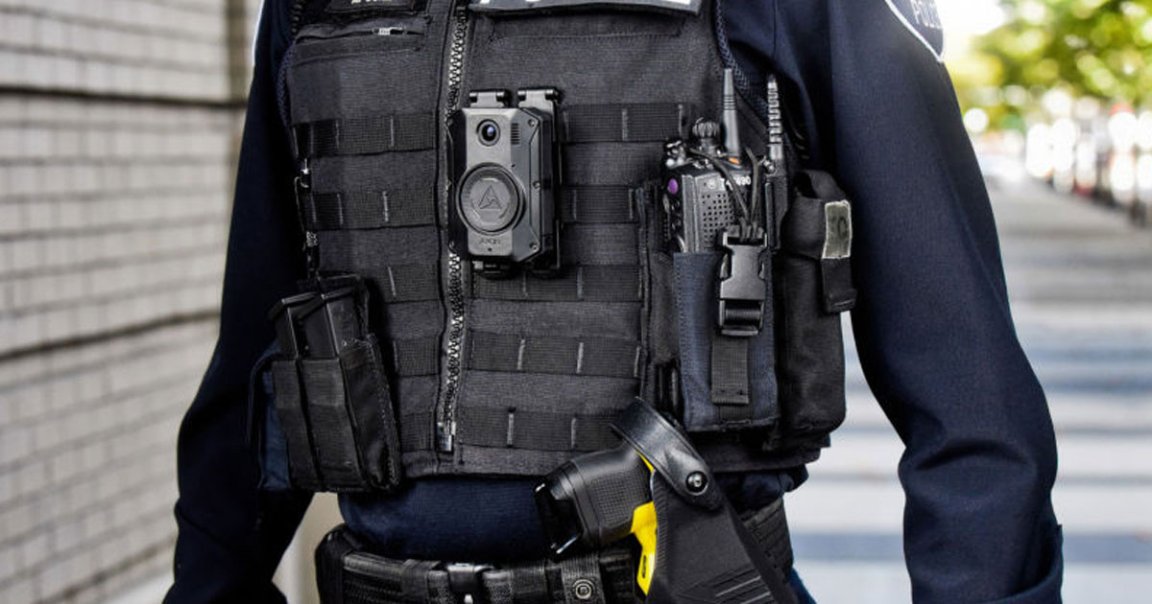
When a gunman used Facebook to livestream an attack on several New Zealand mosques in March, Facebook’s automatic detection system should have immediately flagged and removed the content.
But it didn’t — and the reason it didn’t, Facebook’s public policy director Neil Potts told British lawmakers in April, was the video’s perspective.
“This was a first-person shooter video, one where we have someone using a GoPro helmet with a camera focused from their perspective of shooting,” he explained, adding that it “was a type of video we had not seen before.”
Now, in an effort to provide its content-policing AI with the training data it needs to detect such videos in the future, Facebook is giving the U.K.’s Metropolitan Police free body cameras — on the condition that the Met provides Facebook with bodycam footage of police shooting their firearms during training programs.
“With this initiative, we aim to improve our detection of real-world, first-person footage of violent events,” Facebook wrote in a news release on Tuesday, “and avoid incorrectly detecting other types of footage such as fictional content from movies or video games.”
Facebook is also in talks with government and law enforcement officials in the U.S. to enact a similar partnership, according to the release, though it didn’t provide a timeline for when such a partnership might be solidified.
Neil Basu, the Met’s Assistant Commissioner for Specialist Operations, seems optimistic that the initiative could prove worthwhile on a number of levels.
“The technology Facebook is seeking to create could help identify firearms attacks in their early stages and potentially assist police across the world in their response to such incidents,” he said in a statement.
He also noted that if Facebook can effectively train its system to automatically spot — and stop — livestreams of attacks, it could “significantly help prevent the glorification of such acts and the promotion of the toxic ideologies that drive them.”
AIs typically require a massive amount of training data, and Stephanie McCourtit, Facebook’s Law Enforcement Outreach Lead (UK), said in the same statement that the partnership with the Met alone will produce enough bodycam footage to effectively train Facebook’s system to know a first-person shooting livestream if it sees one.
Still, the addition of footage from U.S. law enforcement could increase the accuracy of the AI — and with the American government seemingly desperate to see Facebook and other platforms crack down on extremist online content, there’s a solid chance the social network will soon get its hands on bodycam footage from U.S. police as well.
READ MORE: Facebook will train its content-removal AI with police camera footage [Engadget]
More on extremist content: Facebook to Identify Hate Speech-Spouting Users for France